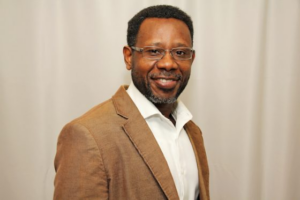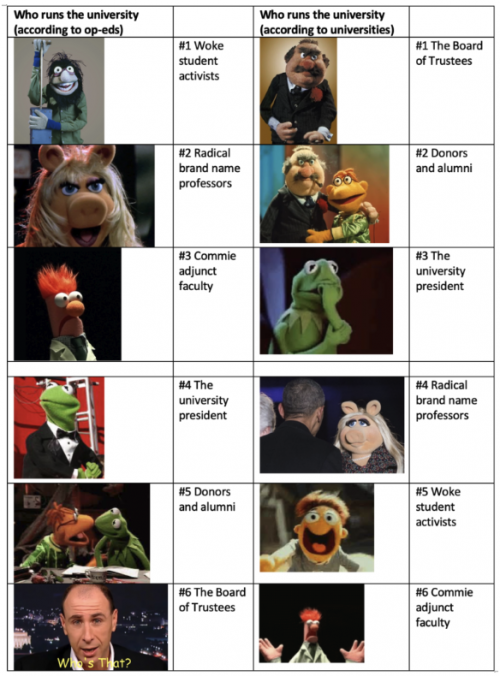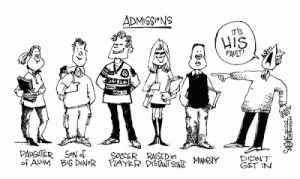Stanford University is rich — $30 billion endowment, all that silicon valley money flowing their way — and you’d think that would translate into well-supported education. Working against that, though, is that universities, even private universities, tend to be ruled by regents chosen for their wealth and conservative bias, and somehow they always decide against egalitarianism and education. Senior faculty also become jealous and protective of their privilege, and can do great harm to their discipline. That’s how great universities erode into mediocrity.
So now the university has decided to terminate a prestigious creative writing program.
I want to add more detail below to the decision made last week by Stanford University: All twenty-three Creative Writing Lecturers were told they’d be fired, some this academic year, some next academic year. This is a group of lecturers who have — along with our students — built one of the top CW programs in the country, and who have done so with very little university support over the last four years, since the death of our fierce, mighty, and visionary program director Eavan Boland.
Creative writing programs are an important part of a liberal arts curriculum. I can tell you having taught creative writing, a lot of students have a dull, plodding approach to writing and it takes a great deal of effort to teach them to add a little fire or music to their writing. Stanford can afford to maintain a great creative writing program, but apparently doesn’t want to. Why? There are hints in the pattern of firings.
- The Jones Lecturers asked for a raise in 2023 (many lecturers made around $52,000), and exactly a year later, all of the lecturers who asked for pay raise were told they’d be fired. This seems beyond suspicious to us and to our students, and is in fact outrageous.
- The deans and our own director clearly indicated in the August 21 meeting that we would be replaced with younger and lower-paid lecturers. This is also evident in the university’s online statement here. Again, completely outrageous.
- It was the Senior Professors of our Creative Writing Program who voted to fire us, their junior colleagues, but interestingly… it was only the MALE professors who voted to fire us. Not one woman professor voted to fire the Jones Lecturers. And the decision to fire us was clearly not unanimous, and in fact received pushback from the English Department and in other quarters in the university.
Oh. They fired all the professors who had dared to ask for a raise ($52K/year would be a stretch in Morris, Minnesota, but Palo Alto? Insane), they are completely changing the program to be taught by adjuncts with one-year appointments, and huh…it was the men among the senior professoriate who decided to kill the program.
They’re turning a bunch of skilled writers loose with a solid dose of resentment? That’s a great way to build your brand, Stanford.











